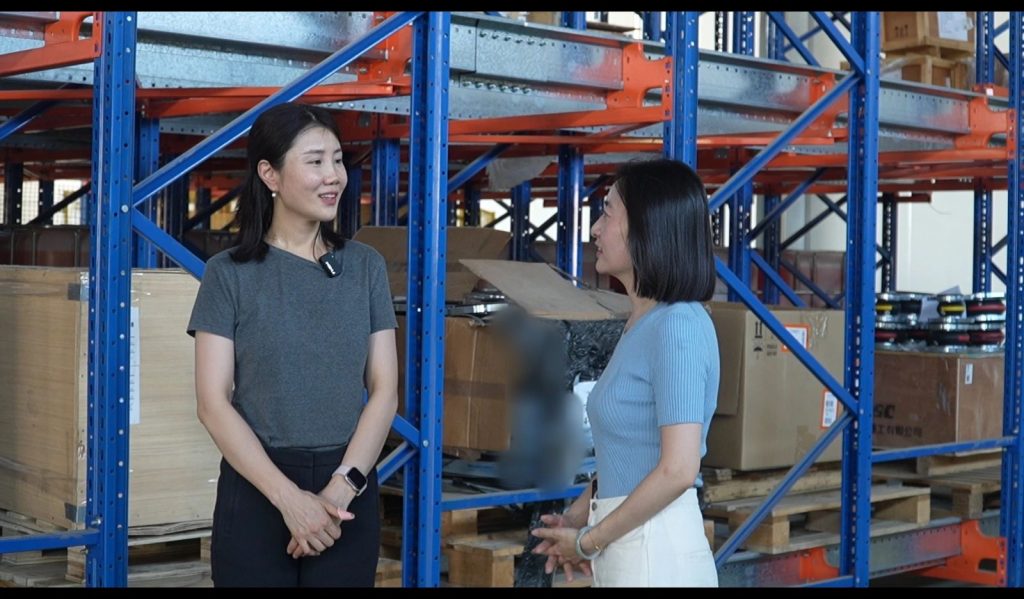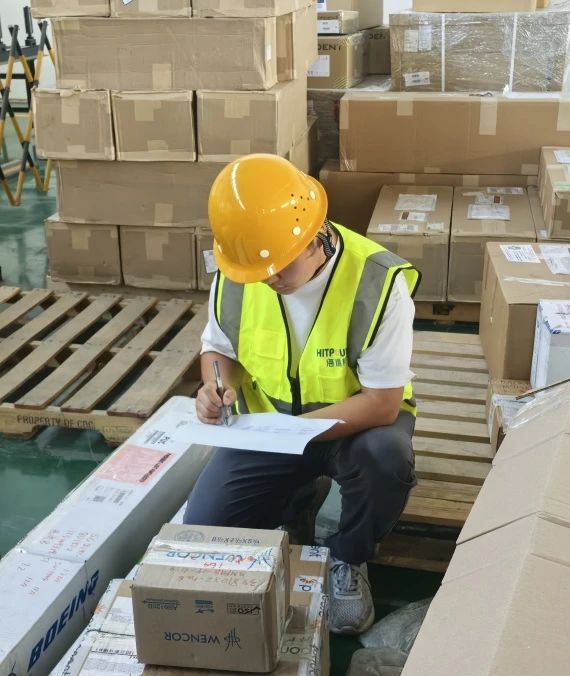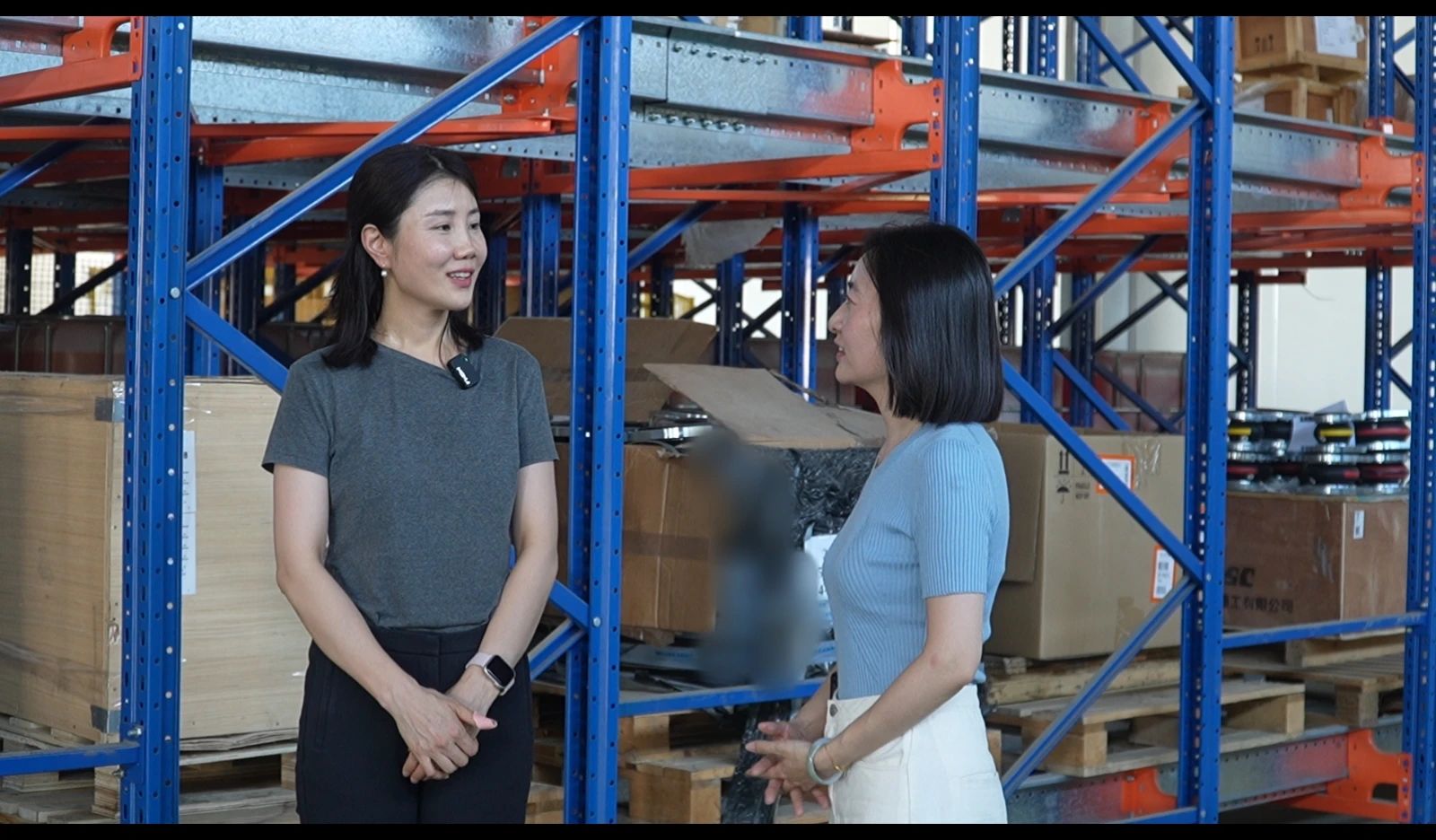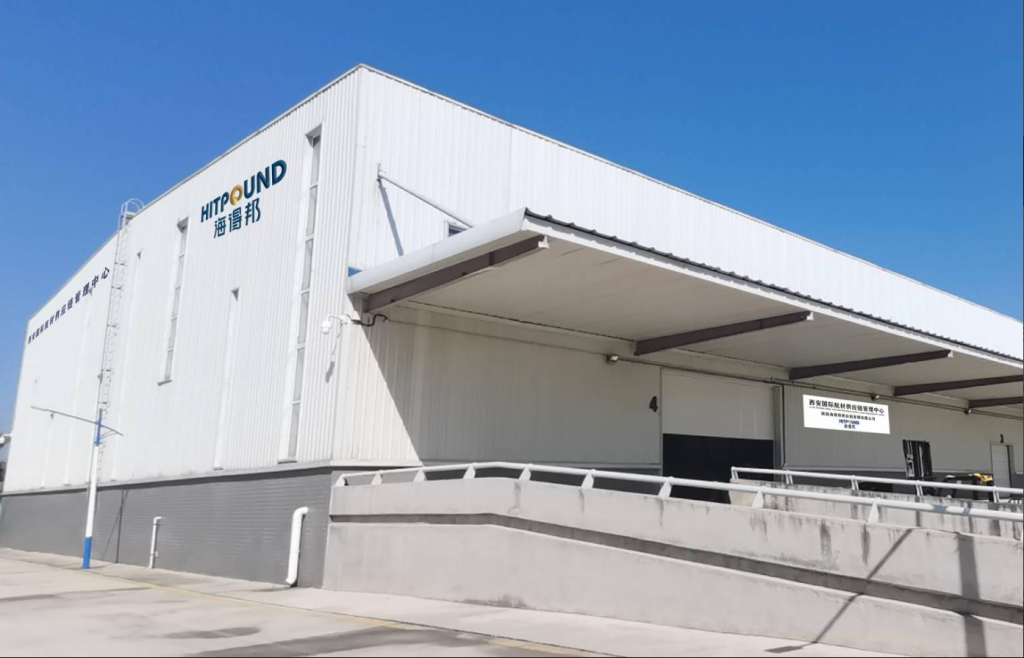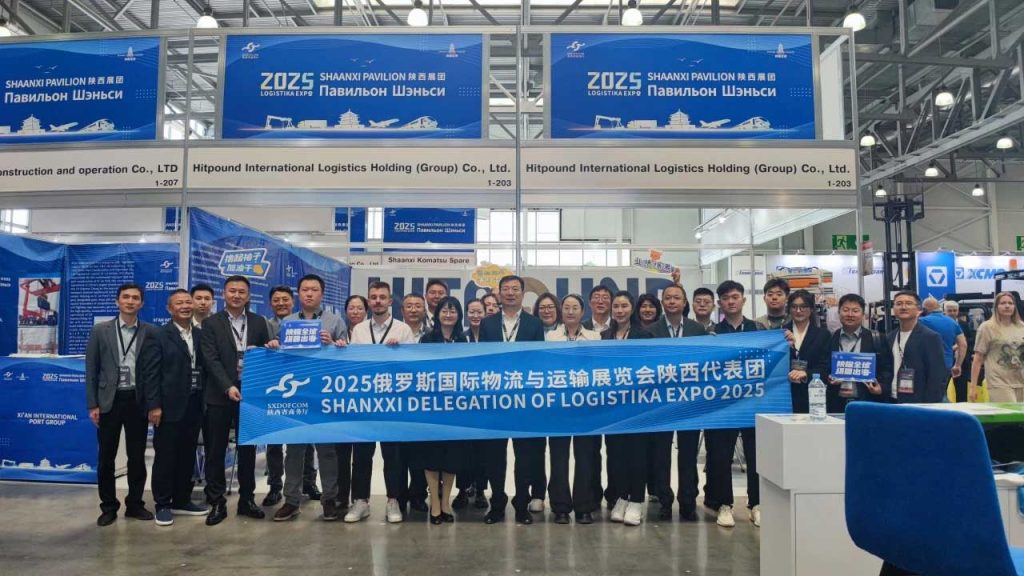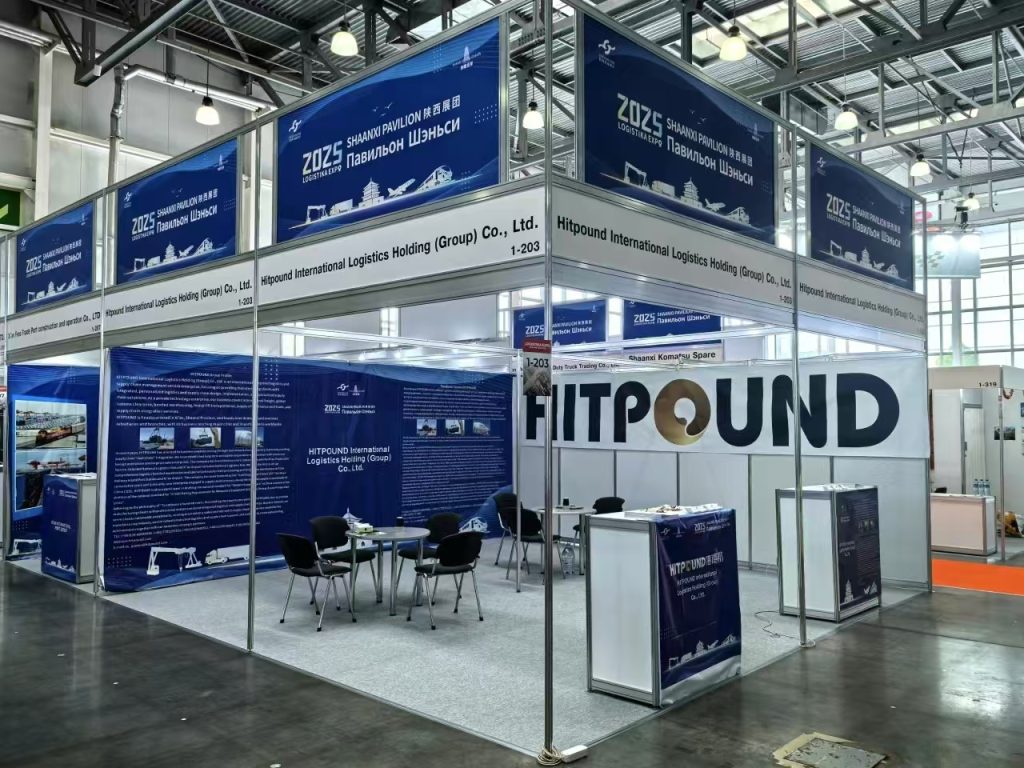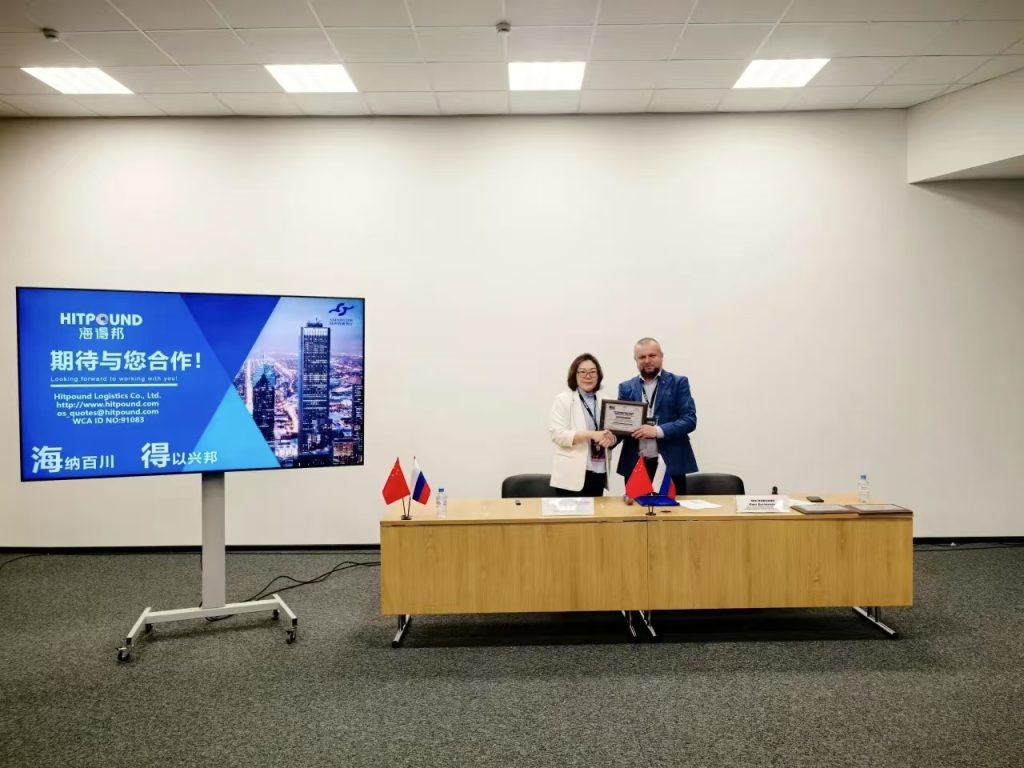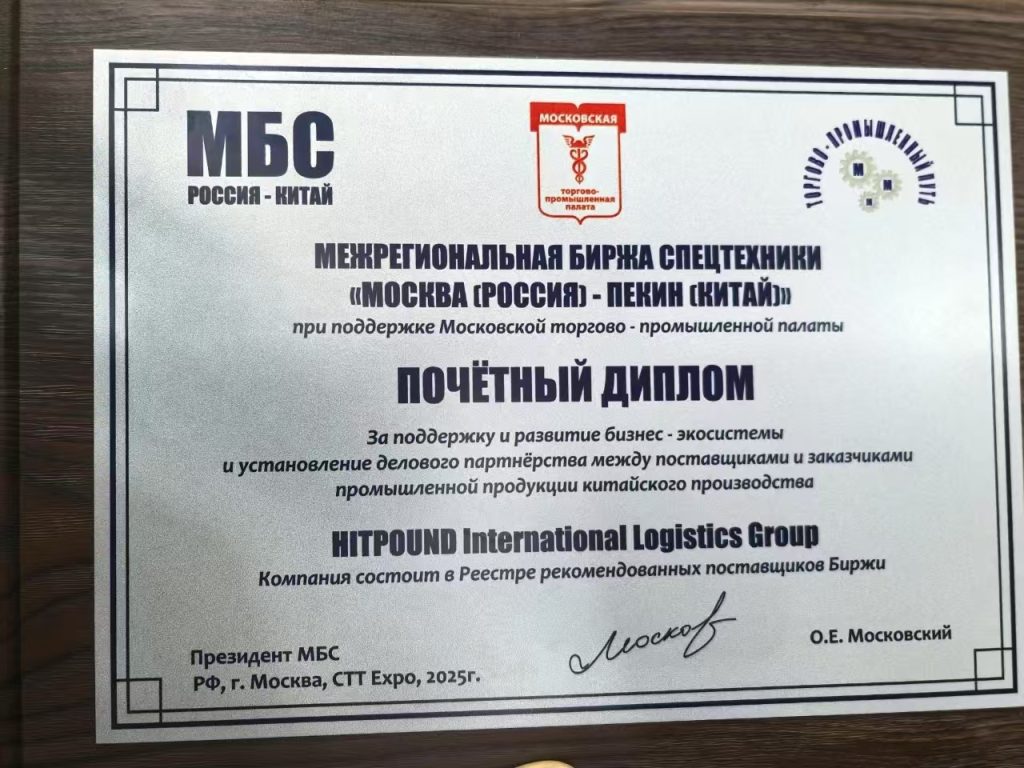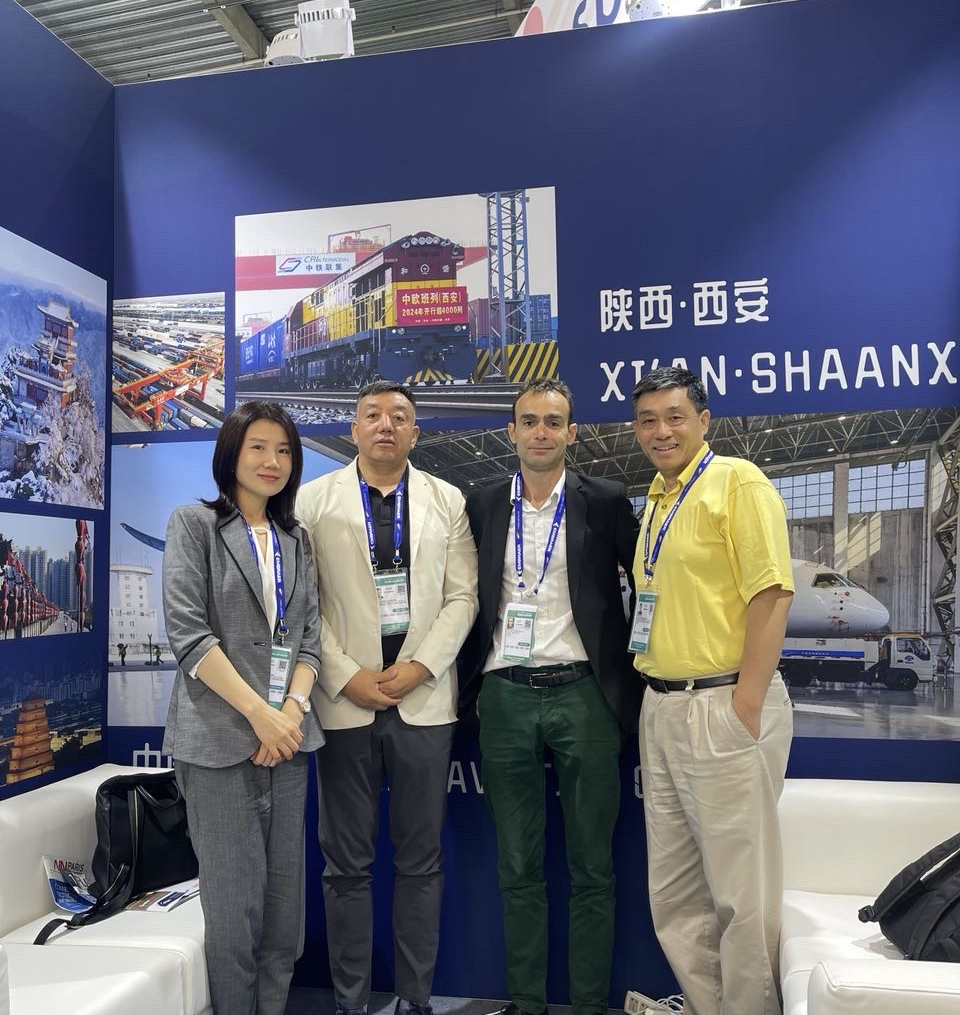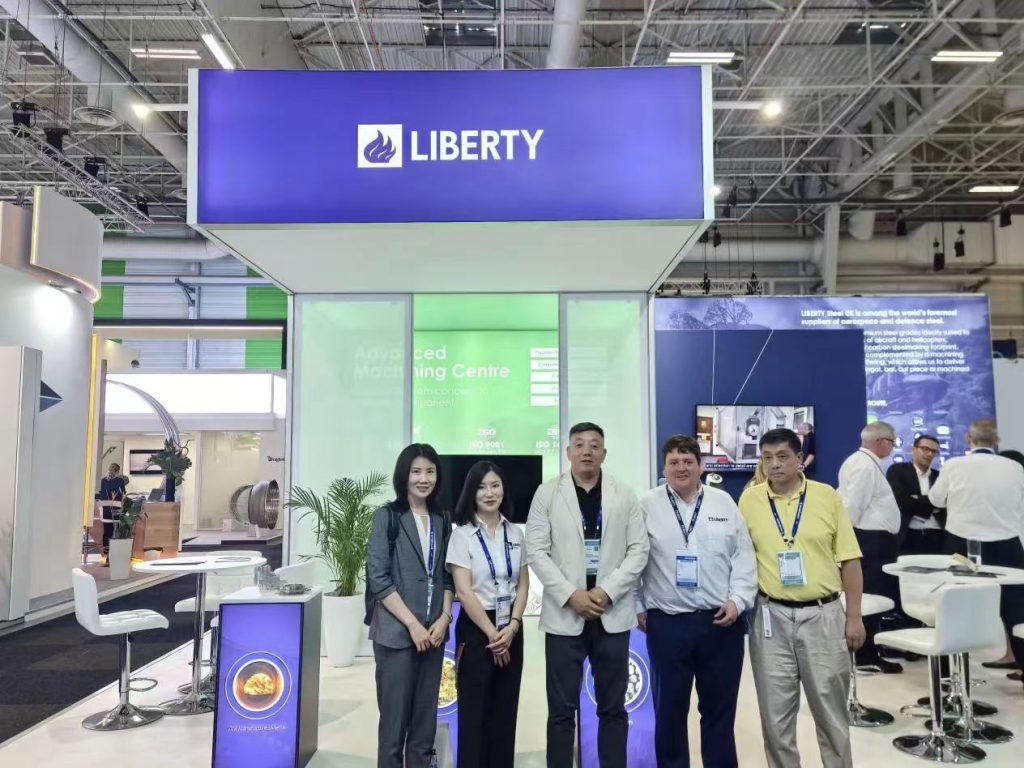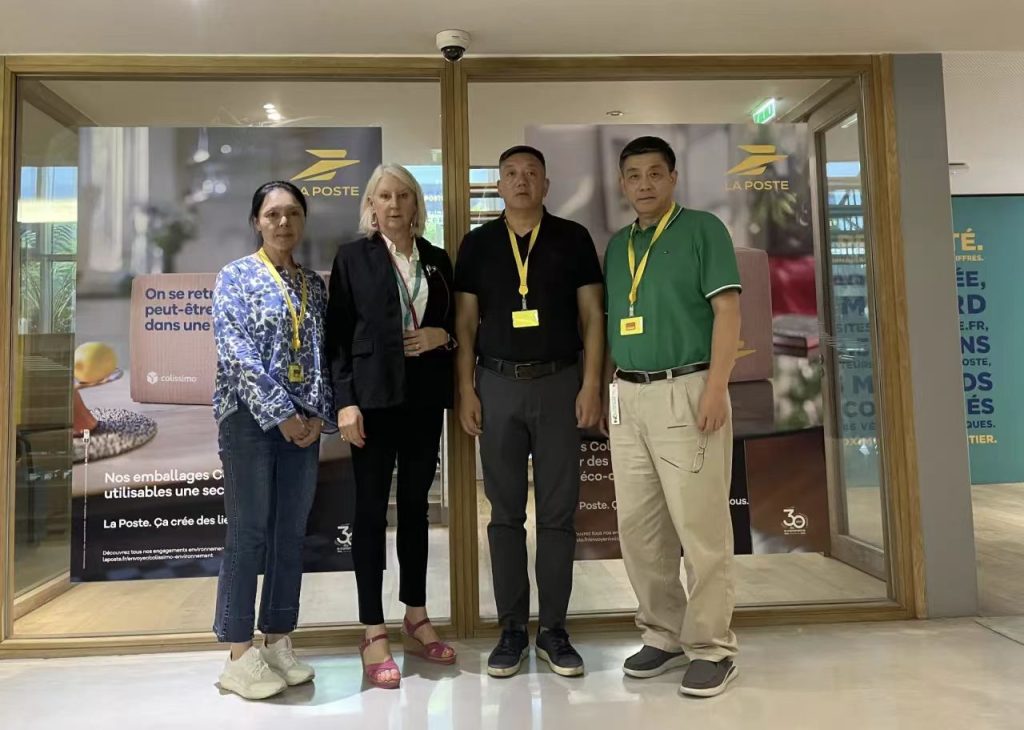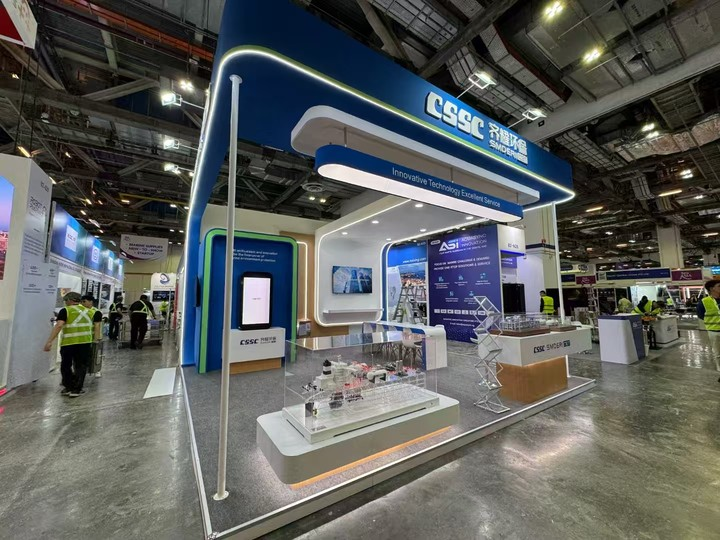2025,Hitpound takes you deeper into the topic
The logistics industry is constantly evolving, driven by technological advancements, changing consumer demands, and global economic shifts. As we approach 2025, several key trends are expected to shape the future of global logistics. This article explores the most significant developments and innovations that will likely define the logistics sector in the coming years.
1. Automation and Artificial Intelligence (AI)
One of the most transformative trends in logistics is the increasing adoption of automation and AI. By 2025, warehouses and distribution centers will be heavily reliant on automated systems, including robotic picking systems, autonomous trucks, and drones for last-mile delivery. AI algorithms will optimize routes, predict supply chain disruptions, and improve inventory management. Autonomous vehicles, including trucks and drones, will revolutionize long-haul transportation and last-mile delivery, reducing costs and enhancing efficiency.
2. Sustainability and Green Logistics
Sustainability is becoming a key priority for businesses and consumers alike. By 2025, more companies will integrate green practices into their logistics operations, including the use of electric vehicles, eco-friendly packaging, and energy-efficient warehouses. Carbon footprint reduction will be a central focus, with logistics companies adopting alternative fuels, renewable energy sources, and carbon offset programs. Additionally, the growth of circular supply chains will reduce waste and promote recycling within logistics processes.
3. Blockchain for Transparency and Security
Blockchain technology is gaining traction in the logistics sector for its ability to provide transparency, security, and efficiency in supply chains. By 2025, blockchain will be more widely used to track goods in transit, ensuring real-time visibility and reducing the risk of fraud or theft. Smart contracts powered by blockchain will also automate processes such as payment and delivery verification, reducing paperwork and administrative costs. The enhanced security features of blockchain will help mitigate cyber risks, an increasing concern as more logistics operations go digital.
4. E-commerce and Last-Mile Delivery
The growth of e-commerce continues to reshape global logistics, particularly in last-mile delivery. By 2025, last-mile delivery will be increasingly powered by technology, including drones, autonomous vehicles, and delivery robots. Consumers will expect faster, more convenient delivery options, driving the need for innovative solutions like micro-fulfillment centers located closer to urban areas. Logistics companies will focus on improving delivery speed and accuracy while reducing costs and environmental impact in densely populated regions.
5. Data Analytics and Predictive Modeling
Data analytics will play a crucial role in optimizing logistics operations in 2025. With the growing amount of data generated by sensors, IoT devices, and supply chain management software, logistics companies will rely on predictive modeling to make data-driven decisions. Predictive analytics will help forecast demand, optimize routes, and manage inventory levels more effectively. Real-time data monitoring will enable quicker responses to disruptions and improve overall supply chain resilience.
6. IoT and Smart Logistics
The Internet of Things (IoT) will continue to transform logistics by providing real-time data on the condition and location of goods in transit. By 2025, logistics companies will deploy a wide range of IoT sensors to track shipments, monitor temperature-sensitive goods, and ensure the safety of perishable products. Smart warehouses equipped with IoT devices will enhance operational efficiency by automating stock replenishment and maintenance tasks, ultimately improving service delivery and reducing costs.
7. Supply Chain Resilience and Risk Management
In the aftermath of disruptions like the COVID-19 pandemic, businesses will place a stronger emphasis on building resilient supply chains. By 2025, risk management strategies will be more robust, with companies adopting advanced technologies and diversified sourcing practices to mitigate the impact of unexpected events. Predictive tools will allow companies to anticipate risks such as natural disasters, labor shortages, or geopolitical instability and take proactive steps to avoid or minimize disruptions.
8. Cross-Border and Global Trade Trends
The ongoing expansion of global trade will continue to drive demand for efficient cross-border logistics solutions. By 2025, trade will become even more integrated, with digital customs platforms, faster border processing, and streamlined international trade regulations. This will be especially important as companies expand into emerging markets and global supply chains become more interconnected. The use of digital platforms to facilitate customs documentation and compliance will increase, reducing delays and improving international shipping efficiency.
9. Personalized Logistics Services
As consumers demand more tailored services, logistics providers will offer personalized options to meet specific needs. By 2025, customized delivery services—such as delivery time windows, packaging preferences, and last-mile delivery options—will become more common. Advanced AI and machine learning will help logistics companies understand individual customer preferences, allowing them to provide highly personalized, flexible services that improve the customer experience.
Conclusion
The logistics industry is undergoing a rapid transformation, driven by innovations in technology, sustainability, and consumer expectations. By 2025, the global logistics landscape will be shaped by automation, AI, blockchain, and IoT, enabling companies to improve efficiency, reduce costs, and enhance customer satisfaction. Sustainability will remain a priority as logistics companies work to minimize their environmental impact, while the growth of e-commerce and cross-border trade will continue to drive demand for faster, more flexible solutions. As these trends unfold, the logistics industry will become more resilient, adaptive, and interconnected, paving the way for a more efficient and sustainable global supply chain.
